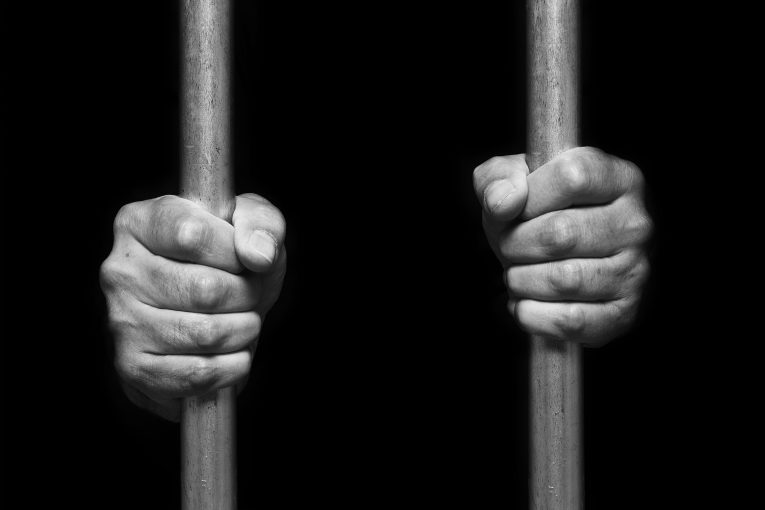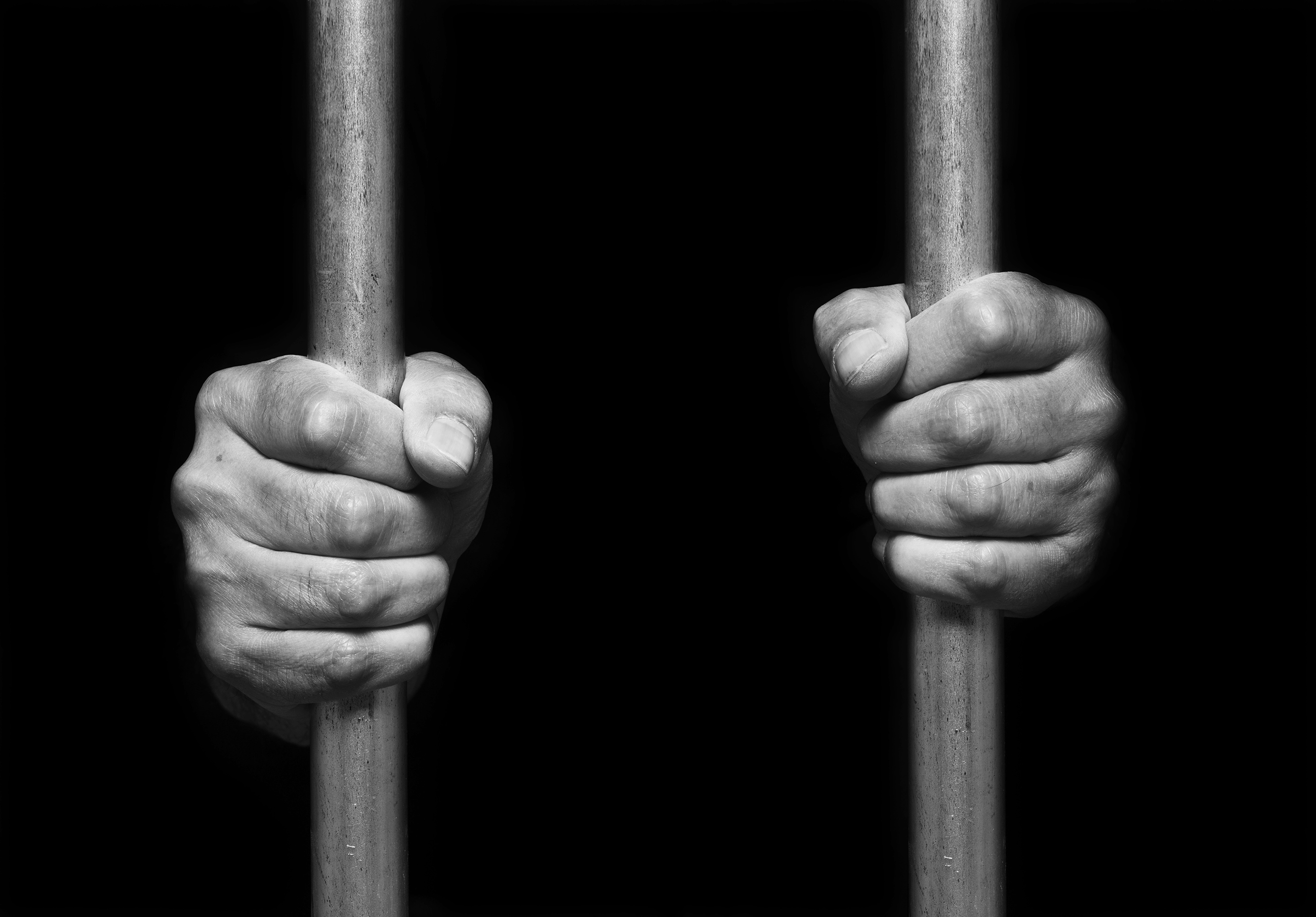

By Michael Reed Dorrough
Please forgive me for any inconvenience that my writing may cause. I am writing in the hope that I might contribute to changing the way that people think about the laws with regards to the draconian life without possible parole sentences, as well as other extreme sentencing.
I have a sentence of life without possible parole, of which I have served 36 years, and this sentence is the equivalent of a slow death. It completely removes from the equation that human beings are capable of redemption. It does not consider that most, if not all, of the people who are subjected to it, like the country itself, has suffered severe trauma. Generational trauma. Trauma that has not taken a single day off over the past few centuries.
Life without parole permanently separates families and communities from each other. Because prison is not conducive to the maturation process, it is not possible to grow and develop into the kind of evenly balanced human being that can contribute positively to society in any kind of meaningful way.
Life without parole means that we will not be allowed to mourn the loss of our parents, sisters, brothers, children, and loved ones when they pass away. It is a contradiction to, on the one hand, say that family ties are encouraged, but purposely keep them separated for the rest of their lives as a result of the life without parole sentence. Imprisonment makes it impossible for there to be a support system to be developed that helps us mature in any meaningful ways.
Like so many of us in prison, I have lost my parents, sister, and grandson. I do know that they were heartbroken, all the way until their passing. I think it’s crucial for the families, loved ones, and communities to contribute to the discussion on how they have· been and are affected by life without parole sentences. This punishment also extends to them.
The problem with extreme sentencing, and for me the starting point, is that we are supposed to be so much more enlightened than this. The United States is an outlier as it relates to what amounts to the most hateful  sentencing laws on the plant. And California might very well be in in spite of its reputation for being liberal, one of the most hateful states in the country. California has always been able to hide its hate behind the perception of liberalism. As a result, we have an incredibly unfair and unjust system.
sentencing laws on the plant. And California might very well be in in spite of its reputation for being liberal, one of the most hateful states in the country. California has always been able to hide its hate behind the perception of liberalism. As a result, we have an incredibly unfair and unjust system.
There will come a time when California, like the rest of the country, will be exposed for hundreds, perhaps thousands, of wrongful convictions. With many of those persons being sentenced to life without parole and other extreme sentences, including the death penalty.
What specifically has been problematic about my situation is that I did not commit the crime that I am imprisoned for. I was not convicted for killing the victim in this case. I was acquitted on the charge that I personally used a weapon in the commission of the crime.
Nothing at all has been fair or just about the prison experience. I do assume responsibility for the mistakes that I have made in my life and during my incarceration. Rehabilitation has everything to do with a person wanting to fix him/herself. The tools needed to give the people who are constantly working on themselves simply do not exist in prison.
There must be a clear and firm commitment by legislatures/CDCR to provide the incarcerated population with the tools that are needed to contribute to the maturation process inside. Tools that include housing people in prisons closer to their families and loved ones, an increase in pay for workers, technological training, expanding the makeup of the board of prison terms to include members of the community that the person will be paroling to as well as psychologists/psychiatrists who are not employed by the state (many. of them write incredibly biased reports).
Along with the self-help programs that are available-in (some) prisons, a lot of the people who -come to prison come as children, psychologically, we develop this warped sense of what manhood is-and there are no programs available in prison {there was/is a program in Solano prison, M.A.N.U.P., that focused on the-development of manhood. In my opinion, it was a very effective program).
There must be a recognition that in order to know if we have learned, we must be put in positions to practice what we have learned: If prison is about rehabilitation, once we have started to engage in the (life-long) process of working on ourselves and fixing ourselves (becoming productive members of society), at that point and in that moment, we have outgrown the prison experience. There is nothing left for us to learn in prison. From that point on, our being in prison is just about punishment. To the extent that we are willing to do so, politics should be removed from the equation of who is released. There are people who were found to be not suitable for reasons that are highly politicized. And, as a result, legislators should not make it a discretionary choice for courts to resentence prisoners.
I was found guilty of first degree murder, but the jury found the personal use of the weapons allegation to be not true. The jury did not find that I was the actual killer or shooter. In spite of this, none of the recently enacted new laws are being applied to me. I have been consistently told that I do not qualify for any of the relief offered in these new laws.
Hearings should be held, and prisoners and their families should be allowed to provide testimony of their stories. That record would be valuable in crafting legislation that would remedy those injustices.
In closing, I would like to thank you for the opportunity to contribute to the efforts to create a just and humane approach for how crime and punishment is administered.
Please know that the work that you do is crucial to our fulfilling our democratic potential.
Michael Reed Dorrough is incarcerated at Corcoran State Prison in Corcoran, CA

There’s thousands of life term inmates still incarcerated under the felony murder rule, even though legislation reclassified these crimes a few years ago. The trial courts consistently uphold wrongful convictions even though new elements of the crime are not met. Filing and succeeding an appeal in any court is at best odds equivalent to buying a lottery ticket.
Who are the real criminals here sitting in their black robes, silk ties and 6 figure wages, living off the suffering of mas incarcerated under-priveleged and under-educated.
And inmates who chose to file, are burdened with huge filing fees to exercise their civil rights, in some cases thousands of dollars when inmate wages can be as low as .03 cents an hour. Why on earth should someone who earns that much be forced to choose between basic needs and filing fees being levied on their trust account?
The life without parole sentence was logically the alternative to a death sentence. An alternative to those is expelling (keeping presumably dangerous people out instead of keeping them in prison).
In an expelling paradigm, each city has its own security clearance (SC) requirement.
If you are convicted of a safety crime, your SC decreases. You are not put in prison, but you can’t be in a city of higher SC.
This means that you could just move to a city with lower SC. Your family could either move there with you or they could visit you anytime they want. If you want to get your SC back, you could be on a wait list for retrial (if you believe you were wrongfully convicted), you could do security services you are still qualified for (such as helping to keep people with even lower SC from getting into your city), or other approved means.
The reason a city would have high SC is its inhabitants want to be safe from harms.
The reason that some cities have lower SC is that the inhabitants are more merciful and they want their city to be a sanctuary for people to rehabilitate. In addition to those reasons, any city with net immigration gets more land/resources because that is a metric of hospitality.
A high SC city that keeps expelling people can still have net immigration if there are enough people wanting and waitlisted to live there. (The city could expel people for littering or using profanity, but there is nothing wrong if it still has a wait-list of people wanting to be join.)
A draconian high SC city is one that has net negative migration (people are leaving or will leave if they could). That is the judgement that the city is too inhospitable for its size. Those cities should shrink to make room for more hospitable cities.
A zero SC city is the default place where anyone could live. Its size is adjusted by the same net migration laws. If the higher SC cities keep expelling people such that they have net emigration, while the zero SC zone has net immigration, the zero SC zone expands. People who are murdered counts as emigration. It is possible for the zero SC zone to also have net emigration. It that case it does not expand.
The differences between a prison and a zero SC city is that a zero SC city is a normal city where people can find work, own properties including guns, etc. Having a zero SC rating does mean that it is unsafe. It just means that anyone can live, including people who are highly armed. (A high SC city doesn’t mean people can’t carry weapon, it can just mean everyone has the required SC to be carrying weapons.)